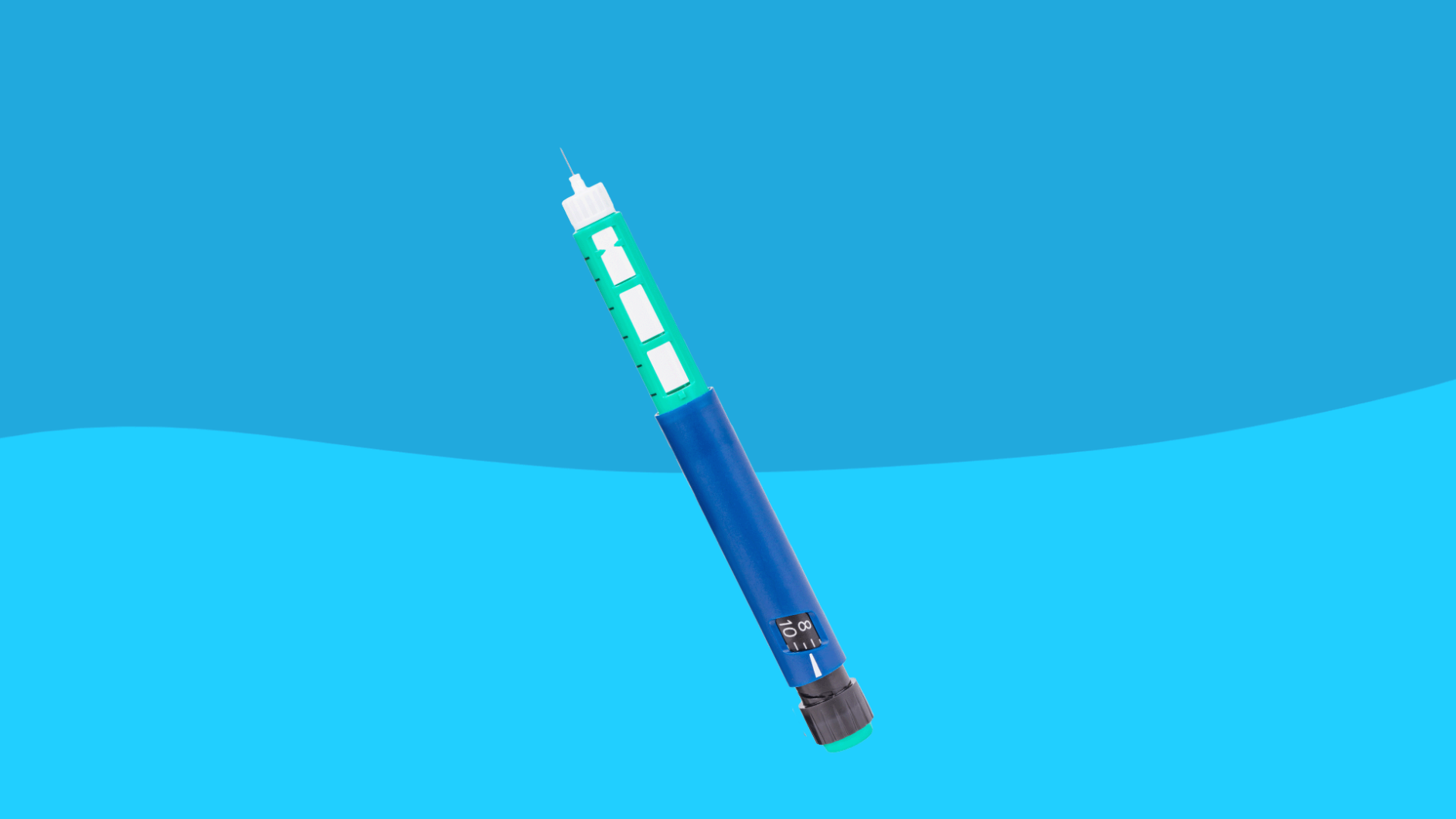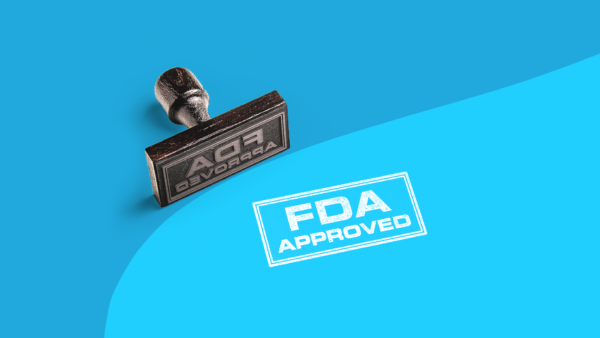Key takeaways
Ozempic (semaglutide) is a prescription once-weekly injection intended to help regulate blood sugar levels in people with Type 2 diabetes and reduce their risk of cardiovascular events.
Weight loss is a common side effect of Ozempic, which is why there’s been a high demand for off-label prescriptions, causing an Ozempic shortage.
Short-term solutions for the Ozempic shortage problem include checking Ozempic stock at multiple local pharmacies or switching to an Ozempic alternative.
Looking for an Ozempic shortage update? You’re not alone. The short supply of this Type 2 diabetes drug has been the subject of many headlines and social media posts. But the Ozempic shortage is not the first of its kind. Drug shortages happen from time to time. For patients impacted by this issue, it’s important to understand current supply and demand and learn how to prepare for any future Ozempic shortage.
Below, two pharmacists unpack the reasons behind the Ozempic shortage, plus how to cope if you’re affected by a current or future prescription drug shortage.
Introduction to Ozempic
Ozempic (semaglutide) is a once-weekly prescription medication that is approved by the Food and Drug Administration (FDA) to help lower blood sugar in adults with Type 2 diabetes and lower their risk of cardiovascular events. But Ozempic has gone viral due to one of its side effects: weight loss. As rumors spread that celebrities have slimmed down with Ozempic, more nondiabetic patients are requesting off-label prescriptions for Ozempic, meaning they’re using it for an indication it wasn’t FDA approved for.
Ozempic shortage causes
According to the National Association of Boards of Pharmacy, injectable medications with the active ingredient semaglutide, such as Ozempic and Wegovy, have been in short supply since 2022.
There are many reasons drugs get backordered, says Jodie Pepin, Pharm.D., clinical pharmacy program director at Harbor Health. Drug shortage causes may include the following:
- Scarcity of raw materials (ingredients)
- Supply chain issues
- Problems in the manufacturing lines, including contamination
- Quality control issues
- Label changes
- Poor projection of demand
- Small profit margins
“In the case of Ozempic, the demand for the drug increased, and the supply could not meet the demand,” says Christina Bookwalter, Pharm.D., a clinical pharmacist practitioner in Minnesota.
It’s not always possible to predict a situation like the Ozempic shortage. It’s also not always possible to know whether the supply of a previously backordered drug might dip again. Fortunately, shortages don’t last forever. Companies like Novo Nordisk, the manufacturer of Ozempic, can adapt by building more production lines or decreasing production of other drugs to produce a greater supply of the backordered drug, Dr. Pepin says.
Consequences of an Ozempic shortage
All drug shortages have consequences. In the short term, healthcare professionals must quickly find suitable alternative medications for patients. During an Ozempic shortage, for instance, people with Type 2 diabetes may need to switch to a different blood sugar-regulating medication.
Another consequence is that physicians might not start newly diagnosed patients on Ozempic in the first place, according to Dr. Bookwalter. This could have long-term consequences for the profits of a drug manufacturer like Novo Nordisk.
Consequences of an Ozempic shortage may also develop over time. Switching patients to a different medication sounds simple, but a research review in the American Journal of Therapeutics found that the consequences of switching a brand-name medication to a generic include:
- Decreased medication adherence
- Poorer clinical outcomes (e.g., symptom relief and overall health)
- An increase in adverse clinical outcomes, such as hospitalization and even death
Ultimately, an Ozempic shortage increases the risk of harm to Type 2 diabetes patients who need this drug. “Taking these medications for vanity purposes or to quickly lose 5–10 pounds is negatively impacting the drug supply,” Dr. Pepin says. “The prescribing of these drugs by providers for this purpose should be discouraged.”
Coping with Ozempic shortages
There are several short-term solutions for patients and healthcare providers impacted by the Ozempic shortage:
- Shop around at different pharmacies. You can try finding Ozempic in stock at a different reputable pharmacy, according to Bookwalter and Pepin.
- Find an Ozempic alternative. “Depending on the patient, there are other alternatives or older medications in the same class that may work,” Dr. Pepin says.
- Double down on lifestyle modifications. “If a person is newly diagnosed [with Type 2 diabetes] and not in a severe category of their disease, lifestyle modifications are always the first line of therapy,” Dr. Pepin says. However, she adds that this is not a suitable strategy for everyone. Patients with a severe lack of blood sugar control may still need insulin therapy in addition to diet restrictions and exercise.
Anyone prescribed Ozempic who cannot fill their prescribed 30- or 90-day supply should contact their healthcare provider rather than attempting to cope on their own. If you have Type 2 diabetes, delaying a necessary insulin injection can be deadly. A healthcare provider or pharmacist can offer case-specific guidance on the safest way for you to cope with an Ozempic shortage until it ends.
Ozempic alternatives
Fortunately, Ozempic is not the only injectable drug approved by the FDA for the treatment of Type 2 diabetes.
Injectable Ozempic alternatives include:
- Bydureon BCise (exenatide extended-release)
- Byetta (exenatide)
- Trulicity (dulaglutide)
- Victoza (liraglutide)
Oral Ozempic alternatives include:
- Farxiga (dapagliflozin)
- Glucophage (metformin)
- Glucophage XR (metformin extended-release)
- Invokana (canagliflozin)
- Jardiance (empagliflozin)
- Onglyza (saxagliptin)
- Rybelsus (semaglutide)
- Tradjenta (linagliptin)
Although all of the above prescription drugs are intended to improve blood sugar control in adults with Type 2 diabetes, they all come in different doses and have various possible side effects. Switching medications comes with a new risk of allergic reactions or other adverse effects. That’s why discussing your options with your healthcare provider is so important.
Bottom line
Ozempic (semaglutide) is a prescription once-weekly injection intended to help regulate blood sugar levels in people with Type 2 diabetes. Because Ozempic can also cause weight loss, demand for it has grown, leading to a drug shortage. People who have been prescribed Ozempic for blood sugar control may need to check multiple pharmacies, focus more on diabetes-related lifestyle modifications, or consider an Ozempic alternative when this medication is in short supply.
Sources
- Highlights of prescribing information [PDF], Food and Drug Administration (2023)
- Diabetes drug shortages and fake Ozempic, National Association of Boards of Pharmacy (2023)
- Potential clinical and economic impact of switching branded medications to generics, American Journal of Therapeutics (2017)











